
Entertainment
-
 DiscoverEU marks 40 years of Schengen with 40,000 free travel passes for young Europeans
The European Commission is celebrating the 40th anniversary of the Schengen Area by offering 40,000 young Europeans the chance to explore the continent through DiscoverEU, part of the31 October 2025Read More...
DiscoverEU marks 40 years of Schengen with 40,000 free travel passes for young Europeans
The European Commission is celebrating the 40th anniversary of the Schengen Area by offering 40,000 young Europeans the chance to explore the continent through DiscoverEU, part of the31 October 2025Read More... -
 Brussels universities to award honorary doctorates to Stromae, Lize Spit, and Amélie Nothomb
The Vrije Universiteit Brussel (VUB) announced on Monday that Stromae, Lize Spit, Amélie Nothomb, François Schuiten, and Ever Meulen will receive joint honorary doctorates from VUB and27 October 2025Read More...
Brussels universities to award honorary doctorates to Stromae, Lize Spit, and Amélie Nothomb
The Vrije Universiteit Brussel (VUB) announced on Monday that Stromae, Lize Spit, Amélie Nothomb, François Schuiten, and Ever Meulen will receive joint honorary doctorates from VUB and27 October 2025Read More... -
 Stolen Renaissance masterpiece returns to Italy after 52 years
After more than half a century, a stolen Renaissance painting has finally returned home to Italy. *Madonna with Child*, a tempera-on-wood masterpiece by Venetian painter Antonio Solario,31 July 2025Read More...
Stolen Renaissance masterpiece returns to Italy after 52 years
After more than half a century, a stolen Renaissance painting has finally returned home to Italy. *Madonna with Child*, a tempera-on-wood masterpiece by Venetian painter Antonio Solario,31 July 2025Read More... -
 Belgian seaside resorts: highlights of royal De Panne
While Ostend is often dubbed the queen of Belgium’s seaside resorts, the country’s coastline offers many other gems worth discovering. In this series, Belga English explores four distinctive20 July 2025Read More...
Belgian seaside resorts: highlights of royal De Panne
While Ostend is often dubbed the queen of Belgium’s seaside resorts, the country’s coastline offers many other gems worth discovering. In this series, Belga English explores four distinctive20 July 2025Read More... -
 Louis Vuitton named suspect in Dutch money laundering probe
Luxury fashion house Louis Vuitton has been named a suspect in a Dutch money laundering investigation, according to the Dutch Public Prosecution Service (OM). The OM alleges that18 July 2025Read More...
Louis Vuitton named suspect in Dutch money laundering probe
Luxury fashion house Louis Vuitton has been named a suspect in a Dutch money laundering investigation, according to the Dutch Public Prosecution Service (OM). The OM alleges that18 July 2025Read More... -
 Brussels tops global rankings for international meetings as tourism soars to new heights
Brussels has once again secured its position as the world’s top city for international meetings, according to the latest annual report from the Union of International Associations (UIA).26 June 2025Read More...
Brussels tops global rankings for international meetings as tourism soars to new heights
Brussels has once again secured its position as the world’s top city for international meetings, according to the latest annual report from the Union of International Associations (UIA).26 June 2025Read More... -
 Coffee prices keep climbing in Czech establishments
The cost of a cup of coffee in Czech restaurants and cafés has increased by 4% over the past year, now averaging CZK 57.80, according to data from the Dotykačka point-of-sale system.15 June 2025Read More...
Coffee prices keep climbing in Czech establishments
The cost of a cup of coffee in Czech restaurants and cafés has increased by 4% over the past year, now averaging CZK 57.80, according to data from the Dotykačka point-of-sale system.15 June 2025Read More...
News
-
 Government of the Netherlands launches nationwide campaign urging citizens to prepare for 72 hours without power or water
Amid rising geopolitical tensions and the growing impact of climate change, the Dutch government has launched a nationwide preparedness campaign encouraging citizens to ready themselvesRead More...
Government of the Netherlands launches nationwide campaign urging citizens to prepare for 72 hours without power or water
Amid rising geopolitical tensions and the growing impact of climate change, the Dutch government has launched a nationwide preparedness campaign encouraging citizens to ready themselvesRead More... -
 Nearly 20 tonnes of marijuana seized at Port of Antwerp in 2025
Belgian customs have intercepted almost 20 tonnes of marijuana at the Port of Antwerp since January, a record volume that dwarfs last year’s figures. According to data reported Monday byRead More...
Nearly 20 tonnes of marijuana seized at Port of Antwerp in 2025
Belgian customs have intercepted almost 20 tonnes of marijuana at the Port of Antwerp since January, a record volume that dwarfs last year’s figures. According to data reported Monday byRead More... -
 Belgian Defence Minister: drones over Kleine-Brogel likely on espionage mission
Belgian Defence Minister Theo Francken says the drones detected over the Kleine-Brogel air base on two consecutive nights were likely engaged in espionage. The Limburg installation is widelyRead More...
Belgian Defence Minister: drones over Kleine-Brogel likely on espionage mission
Belgian Defence Minister Theo Francken says the drones detected over the Kleine-Brogel air base on two consecutive nights were likely engaged in espionage. The Limburg installation is widelyRead More... -
 Night bus links Luxembourg to major European cities from December
Luxembourg will gain a new set of overnight travel connections this winter as Swiss operator Twiliner, working with the Emile Weber Group, launches its first long-distance night bus routes.Read More...
Night bus links Luxembourg to major European cities from December
Luxembourg will gain a new set of overnight travel connections this winter as Swiss operator Twiliner, working with the Emile Weber Group, launches its first long-distance night bus routes.Read More... -
 Flanders allocates €116 million to strengthen graduate courses
Flanders will channel an additional €116 million into college-based graduate programmes over the next four years, Education Minister Zuhal Demir announced on Radio 1 on Friday.Read More...
Flanders allocates €116 million to strengthen graduate courses
Flanders will channel an additional €116 million into college-based graduate programmes over the next four years, Education Minister Zuhal Demir announced on Radio 1 on Friday.Read More... -
 MEPs embark on mission to the Democratic Republic of the Congo
A delegation of eight Members of the European Parliament (MEPs) from the Committee on Development and the Subcommittee on Human Rights is beginning a three-day mission to theRead More...
MEPs embark on mission to the Democratic Republic of the Congo
A delegation of eight Members of the European Parliament (MEPs) from the Committee on Development and the Subcommittee on Human Rights is beginning a three-day mission to theRead More... -
 Louvre chief admits CCTV failures after $157 million jewellery heist
The director of the Louvre Museum has admitted to major security lapses after a daring daylight robbery saw thieves make off with more than $157 millionRead More...
Louvre chief admits CCTV failures after $157 million jewellery heist
The director of the Louvre Museum has admitted to major security lapses after a daring daylight robbery saw thieves make off with more than $157 millionRead More... -
 Germany set to order 15 additional U.S.-made F-35 jets, parliamentary source says
The German government is preparing to purchase an additional 15 of the U.S.-manufactured F‑35A fighter jets from Lockheed Martin, according to a parliamentary source who spoke to Reuters.Read More...
Germany set to order 15 additional U.S.-made F-35 jets, parliamentary source says
The German government is preparing to purchase an additional 15 of the U.S.-manufactured F‑35A fighter jets from Lockheed Martin, according to a parliamentary source who spoke to Reuters.Read More...

Most Read
- Teen held after US woman killed in London stabbings
- Football: Farhad Moshiri adamant Everton deal above board
- Greece hails new post-bailout chapter but concerns remain
- The Kokorev case caused wide discussion in Brussels
- EU accession talks stir debate in Moldova: insights from Gagauzia's leader, Yevgenia Gutsul
Technology

The European Commission launched an "in-depth investigation" on Tuesday into whether US tech giant Google's planned $2.1 billion purchase of smartwatch maker Fitbit would give it an unfair

Police said Thursday they had arrested more than 800 people across Europe after shutting down an encrypted phone network used by organised crime groups to plot murders and drug deals.
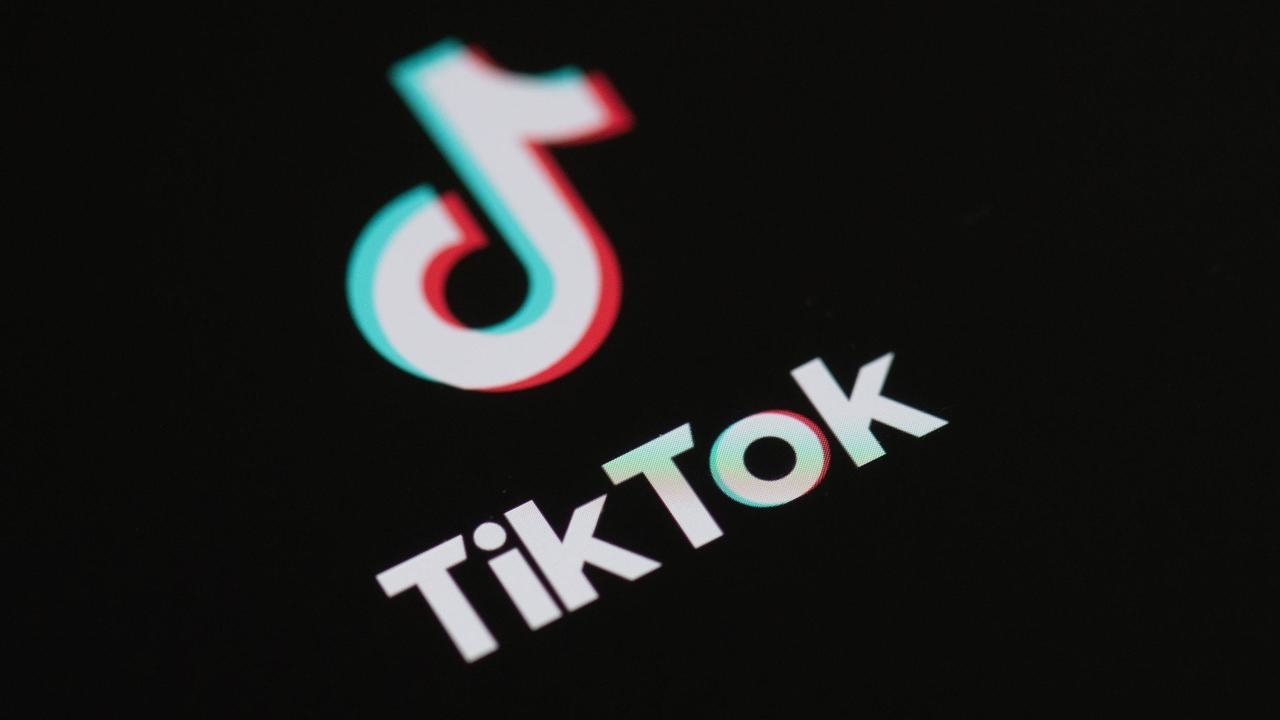
The social media phenomenon TikTok joined the EU's code of conduct on Monday as tech giants seek to persuade Europe to back away from setting laws against hate speech and
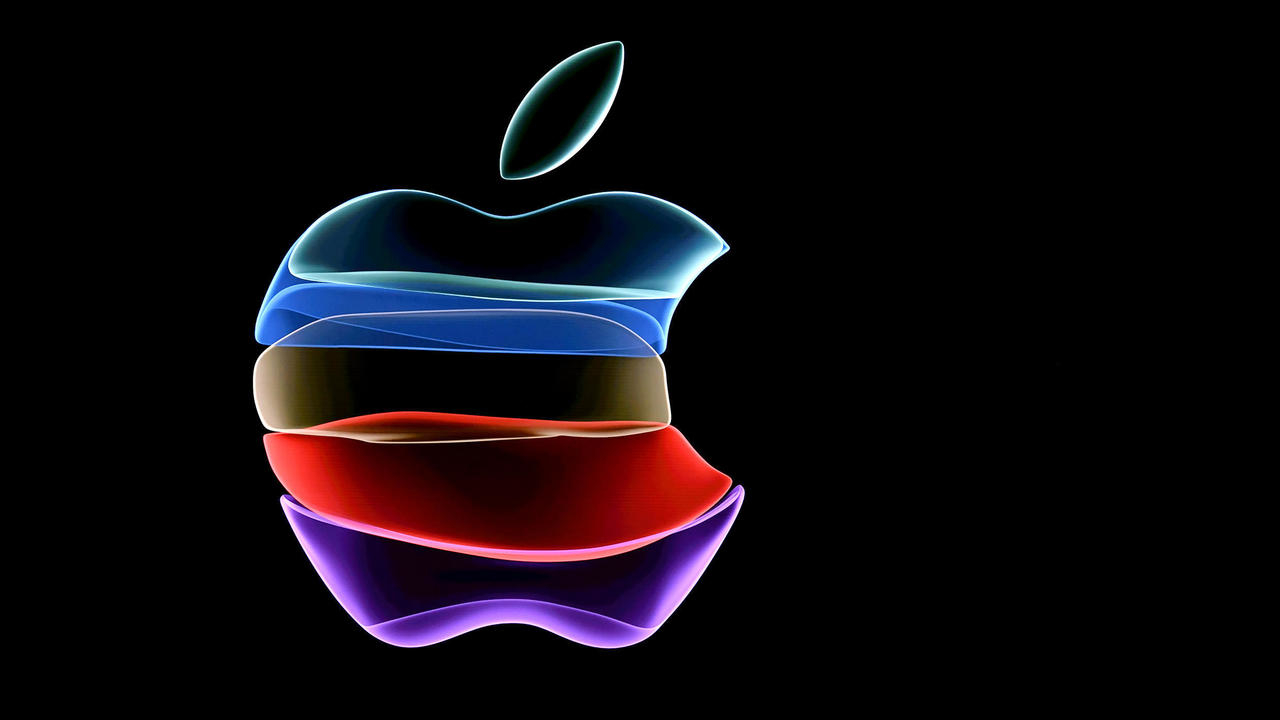
The EU's powerful antitrust authority opened a series of cases against Apple on Tuesday, including one brought by Spotify alleging the iPhone maker makes unfair use of its app store.
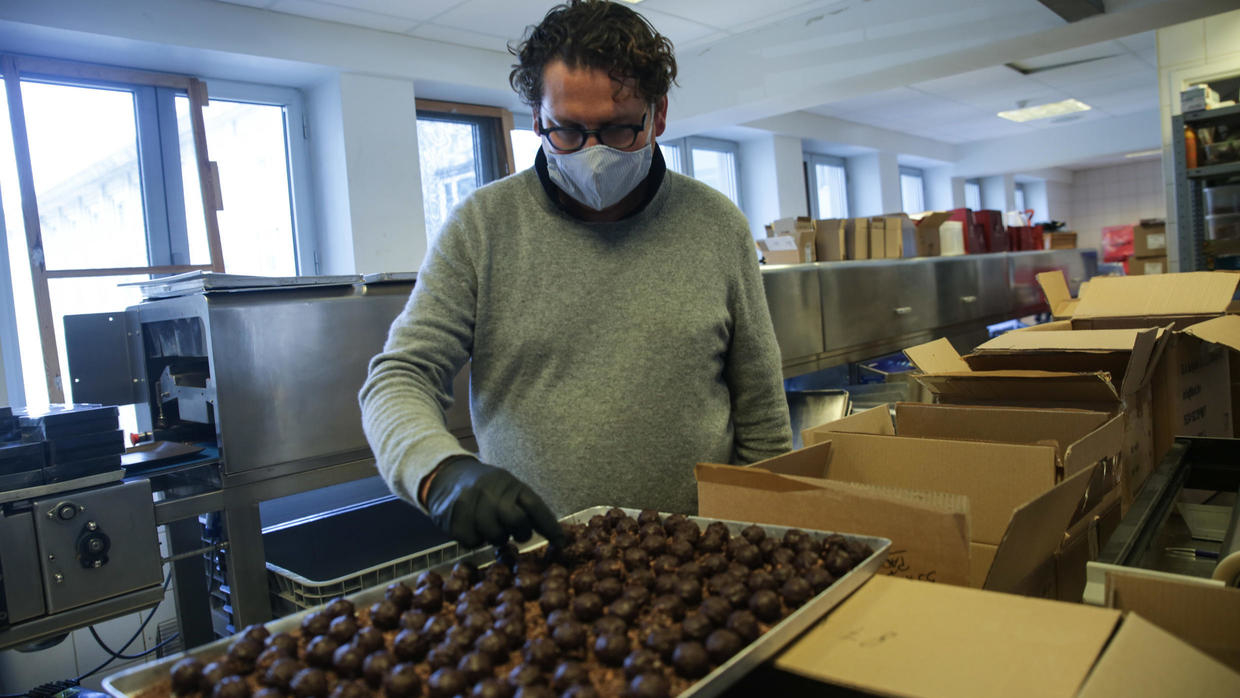
In a normal year, Easter is boom time for Belgium's famed chocolatiers, churning out eggs, bunnies and gift boxes for tourists and locals alike.
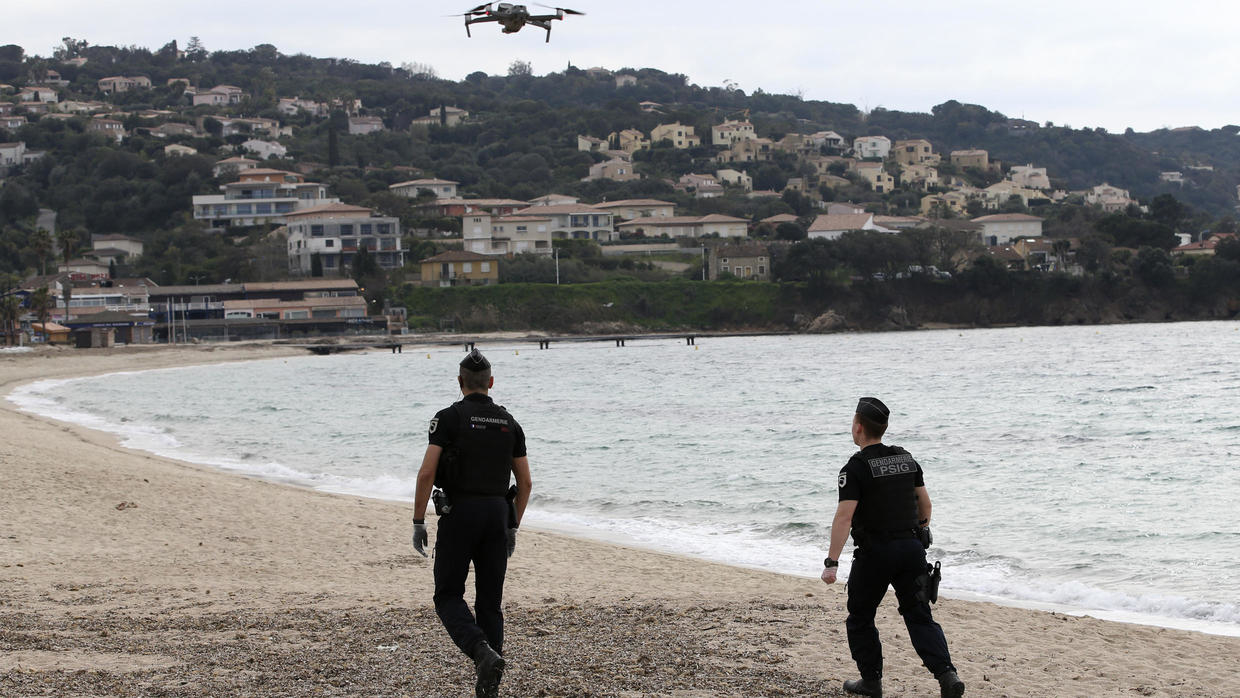
France is calling up helicopters and drones to boost the government's attempts to keep people in their homes, police officials said Saturday.

As Europe looks to declare its tech independence by becoming a leader in next-generation batteries, it will have to start by making its own graphite. The problem is, nearly all of it now comes

Amid fears of a Big Brother-style society ruled by machines, the EU will urge authorities and companies to think hard before rolling out facial recognition technology.
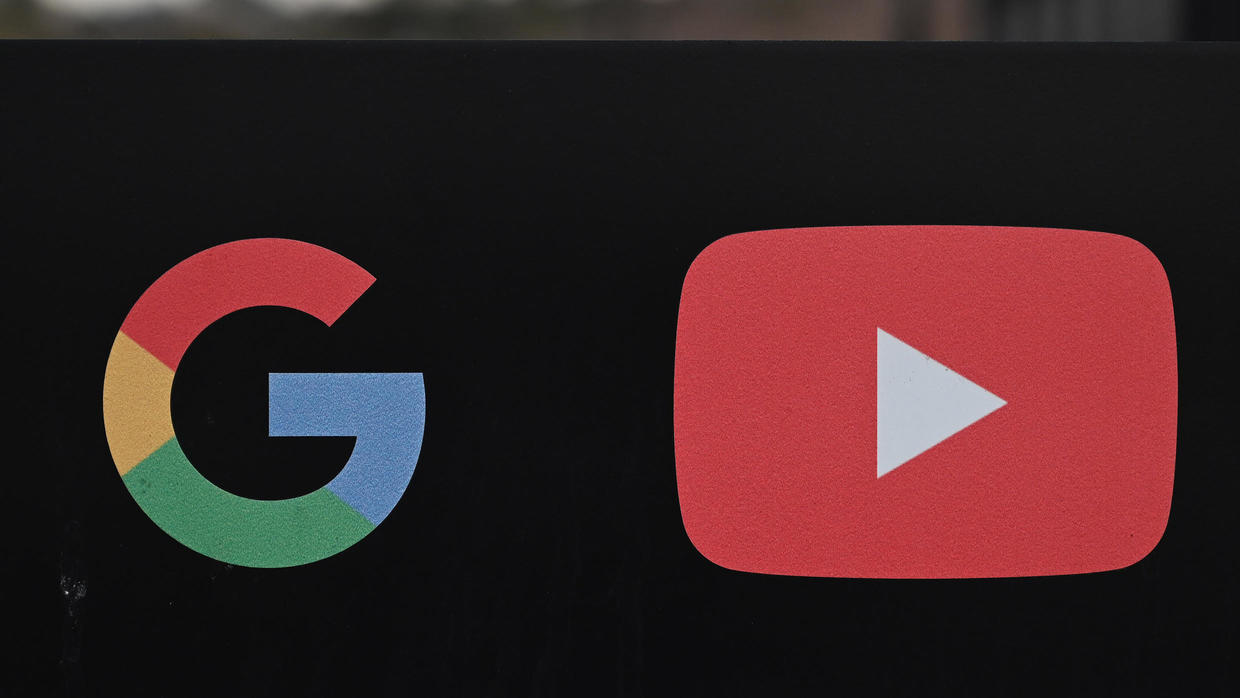
Google and the EU have a big day in court Wednesday as the search engine giant enters a new phase of a legal saga that began a decade ago.

Top EU diplomat Josep Borrell was Monday due to visit Iran, said officials in Tehran and Brussels, on his first trip there since taking office, aiming to reduce rising tensions over the Islamic


















